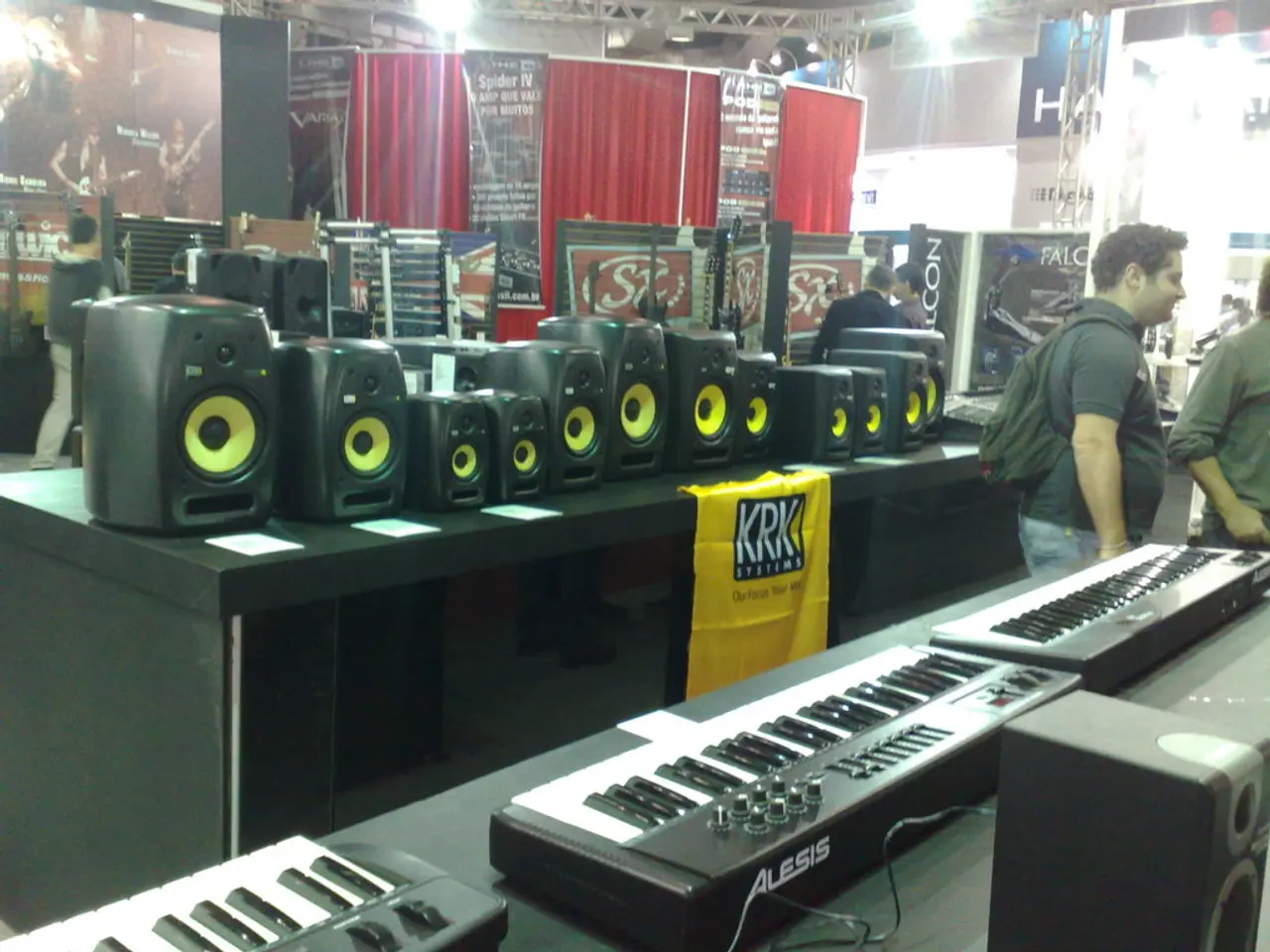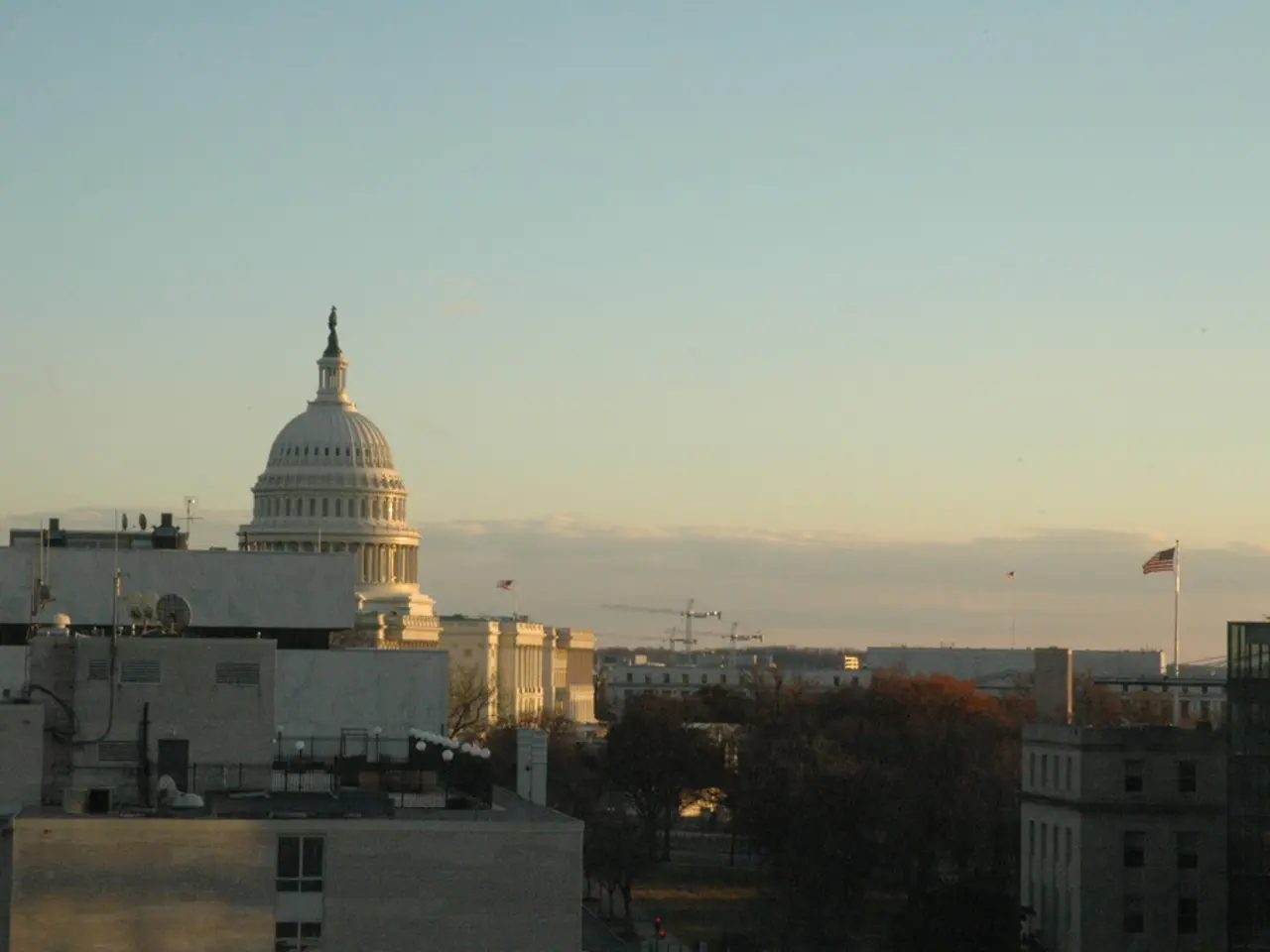Luxor, following in the footsteps of the Venetian, has resolved lawsuits alleging religious discrimination.
In a significant development, the Aria Resort & Casino and Luxor Hotel & Casino have settled religious discrimination lawsuits with the U.S. Equal Employment Opportunity Commission (EEOC) over allegations that they denied employees religious accommodations related to COVID-19 vaccine mandates during the pandemic.
The EEOC found reasonable cause to believe these actions violated Title VII of the Civil Rights Act of 1964, which requires reasonable religious accommodations unless they impose an undue hardship on the employer.
As part of the settlements, both resorts—though licensed individually—are operated by MGM Resorts International and agreed to implement training focused specifically on religious accommodation requirements for their human resources staff. The EEOC will monitor the resorts’ compliance with these corrective measures. Neither Aria nor Luxor admitted liability in the lawsuits, and the financial terms of their settlements were not disclosed.
In contrast, a related case involving The Venetian required the resort to pay $850,000 to settle. The EEOC made no mention of financials related to the Aria and Luxor settlements.
EEOC Las Vegas Local Director Michael Mendoza praised both casinos for establishing training that will improve how employees seeking religious accommodations are treated in the workplace. Mendoza emphasized the importance of employers understanding their legal obligation to provide reasonable religious accommodations, stating that federal law mandates reasonable accommodation of religious beliefs in employment unless it substantially burdens the business.
This follows similar EEOC actions against other Las Vegas casinos, highlighting an ongoing federal focus on ensuring religious rights are respected in pandemic-related workplace policies. The casinos have agreed to provide religious accommodation training to HR staff as a result of falling foul of a section of the 1964 Civil Rights Act. The EEOC will monitor the casinos to ensure compliance with the Civil Rights Act regarding religious accommodations.
[1] Mendoza emphasizes importance of religious accommodations in the workplace, Las Vegas Review-Journal, [link] [2] EEOC sues MGM Resorts International over religious accommodation claims, KTNV, [link] [3] EEOC Sues MGM Resorts International for Alleged Religious Discrimination, U.S. Equal Employment Opportunity Commission, [link] [4] EEOC Settles Religious Discrimination Lawsuit with MGM Resorts International, U.S. Equal Employment Opportunity Commission, [link] [5] EEOC Settles Religious Discrimination Lawsuit with The Venetian, U.S. Equal Employment Opportunity Commission, [link]
- The business sector, including the hospitality industry, has been under scrutiny recently for their handling of religious accommodations, as evidenced by General-News articles about the EEOC's lawsuits against MGM Resorts International, The Venetian, and other Las Vegas casinos.
- In the financial realm, it was reported that The Venetian paid $850,000 to settle a religious discrimination lawsuit, while the financial terms of the Aria and Luxor settlements were not disclosed.
- The EEOC's focus on crime-and-justice issues extends beyond direct violations of the law; they also ensure that corporations like MGM Resorts International understand and adhere to their legal obligations to provide reasonable religious accommodations in the lifestyle and daily operations of their establishments.




